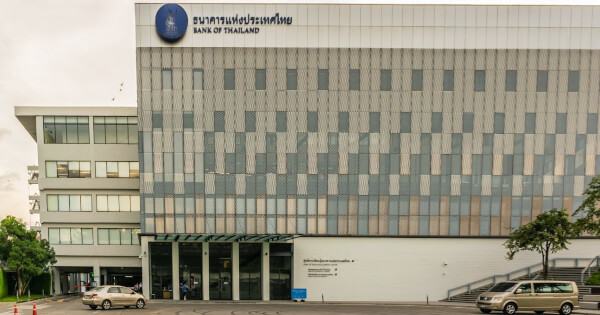After the International Monetary Fund (IMF) has finished its technical assessment on the country’s markets, the Central Bank of Jordan is one step closer to taking the next step that is necessary to launch a retail central bank digital currency. This action was necessitated as a consequence of the International Monetary Fund’s (IMF) conclusion of the research that they commissioned (rCBDC). In order to give assistance in the development of a CBDC feasibility study the previous year, the International Monetary Fund (IMF) sent a mission to the bank that lasted for a combined total of three months and lasted for the whole of the preceding calendar year. During the course of the preceding calendar year, this mission was carried out. On February 23rd, the research was made available to the public by the International Monetary Fund.
An investigation on the current condition of the retail payment sector in the country was carried out by the International Monetary Fund (IMF) during the months of July and September 2022. After looking at their data, they came to the conclusion that the market was “extremely linked.” According to the findings of the study, the nation has a high smartphone penetration, and there are two non-bank payment service providers (PSPs) that provide goods that are “generally accessible and appropriate.” Additionally, the country has a large number of people who own smartphones. In addition to this, a sizable portion of the population of the nation has a computer and access to the internet.
Despite this, a rCBDC would expand people’s access to financial services by making them available to them even if they do not have telephones. This would make it possible for more people to benefit from these services. Because of this, it will be feasible for a greater number of individuals to make use of these services. There are a few other ways, besides those already mentioned, in which a rCBDC may be of aid to the domestic payment system. These include decreasing the costs associated with transferring money internationally and making the infrastructure of a rCBDC accessible to payment service providers (PSPs).
Credit: Source link






















 Bitcoin
Bitcoin  Ethereum
Ethereum  XRP
XRP  Tether
Tether  Solana
Solana  USDC
USDC  Dogecoin
Dogecoin  Cardano
Cardano  Lido Staked Ether
Lido Staked Ether  TRON
TRON  Chainlink
Chainlink  Avalanche
Avalanche  Wrapped stETH
Wrapped stETH  Wrapped Bitcoin
Wrapped Bitcoin  Toncoin
Toncoin  Stellar
Stellar  Hedera
Hedera  Sui
Sui  Shiba Inu
Shiba Inu  WETH
WETH  LEO Token
LEO Token  Polkadot
Polkadot  Litecoin
Litecoin  Bitcoin Cash
Bitcoin Cash  Bitget Token
Bitget Token  Hyperliquid
Hyperliquid  USDS
USDS  Uniswap
Uniswap  Wrapped eETH
Wrapped eETH  Ethena USDe
Ethena USDe  Pepe
Pepe  NEAR Protocol
NEAR Protocol  Official Trump
Official Trump  Aave
Aave  MANTRA
MANTRA  Aptos
Aptos  Ondo
Ondo  Internet Computer
Internet Computer  Monero
Monero  WhiteBIT Coin
WhiteBIT Coin  Ethereum Classic
Ethereum Classic  Mantle
Mantle  Dai
Dai  POL (ex-MATIC)
POL (ex-MATIC)  Cronos
Cronos  Bittensor
Bittensor  Render
Render 
